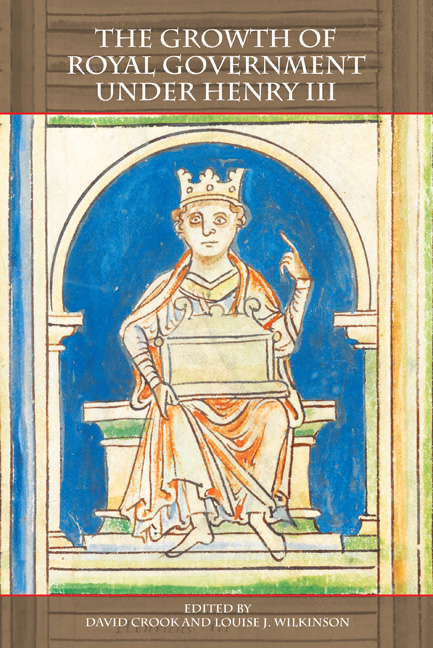10 - Roger of Wendover, Prior of Belvoir, and the Implementation of the Charter of the Forest, 1225–27
Published online by Cambridge University Press: 13 April 2021
Summary
The Flores Historiarum of Roger of Wendover is one of the most important contemporary, or near contemporary, chronicles of the reign of King John and the first two decades of the reign of Henry III. However, for the earlier part of the period in particular, it is demonstrably inaccurate and untrustworthy on many points, which has led scholars to adopt a questioning attitude to material which cannot be verified from other sources. Roger's work was continued by his successor at the Benedictine abbey of St Albans, Matthew Paris, who took over probably in May 1234, and for the period before that date used Wendover's work as a basis for his own history, the Chronica Majora, along with some additions of his own. In 1944, V. H. Galbraith concluded that Wendover's chronicle was original from about 1201, when his main sources for the earlier period – Roger of Howden and Ralph of Diss (de Diceto) – came to an end, and was contemporary from then until 1235. Galbraith opined that ‘the Flowers of History cannot have been begun until after 1204, while the probabilities are that Wendover only turned to history after 1219 when he was removed from his position as prior of Belvoir.’ His material, thought Galbraith, is more trustworthy for the reign of Henry III than for that of John, and he wrote his account of John's time when his son, though still a minor, had already been on the throne for some years.
The fundamental error in this account is the belief that the chronicler left Belvoir Priory (a dependency of St Albans Abbey) in or about 1219. This idea seems to have originated with the introduction to H. A. Coxe's edition of the Flores, published in 1841, and, despite clear evidence to the contrary, has been repeated ever since, down to and including the Oxford Dictionary of National Biography in 2004. The Gesta Abbatum, which was put together from St Albans sources by Thomas Walsingham at the end of the fourteenth century, places Wendover's removal, which took place because ‘he had wasted the property of the church with careless prodigality’, during the abbacy of William of Trumpington.
- Type
- Chapter
- Information
- The Growth of Royal Government under Henry III , pp. 166 - 178Publisher: Boydell & BrewerPrint publication year: 2015



